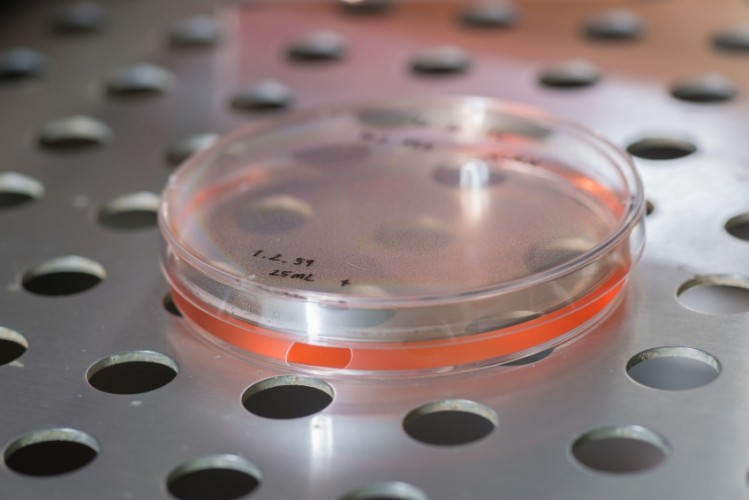Heat Biologics stops enrolment in trial arm testing HS-410 as a bladder cancer monotherapy

Heat announced the recruitment halt in a US Securities and Exchange Commission (SEC) filing today. It explained that it added the monotherapy trial arm in response to the intermittent global shortage the standard treatment, Bacillus Calmette-Guérin (BCG).
The firm said: “The shortage has since then been resolved and as such, the Company will no longer enroll new patients in this trial arm based on discussions with the US Food and Drug Administration (FDA)” and stressed that enrolment had not been halted due to safety concerns.
HS-410 is based on Heat’s proprietary ImPACT immunotherapy platform, which is designed to generate CD8+ “killer” T cells that attack cancer cells.
Heat planned to enroll 25 patients in the study. The firm said that data from the 16 patients recruited so far will be released later this year.
The US biotech added that the "decision does not impact the three additional randomized Phase 2 trial arms evaluating HS-410 in combination with BCG for the treatment of NMIBC."
Earlier this month, Heat announced the cell line on which HS-410 is based, which is a prostate cancer cell line, had been previously misidentified as a bladder cancer cell line. This led to the FDA putting the trial on clinical hold while it reviewed updated documentation referring to the misidentification supplied by Heat.
"The misidentification related to the origin of the cell line and not to the antigen profile or other characteristics of the cell line, which have been accurately characterized throughout the clinical development of HS-410," Heat said in a form S-1 filed earlier this week. "The partial clinical hold did not relate to concerns regarding the safety and efficacy of HS-410."























